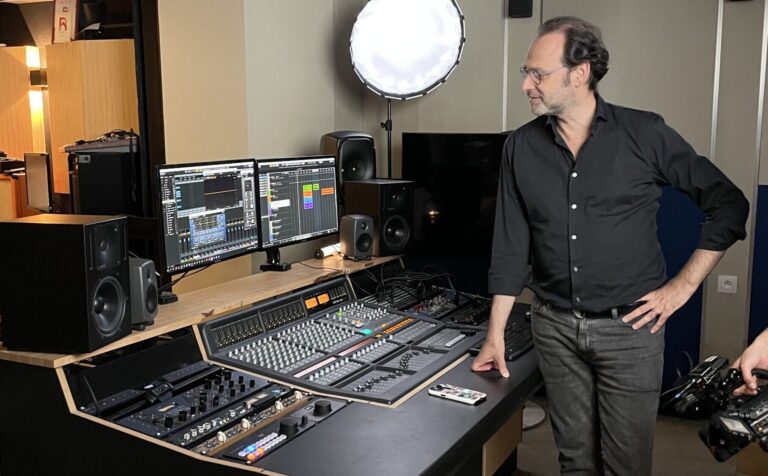By Colleen Fahey
I recently came across a Twenty Thousand Hertz podcast episode that discusses the McDonald’s “I’m Lovin’ It” jingle – or as we call it, sonic logo, which was first introduced in 2003 and has become one of the most recognizable melodies in the world. On the podcast, the “I’m Lovin’ It” composers Tom Batoy, Franco Tortora of Mona Davis Beat tell the story of how the five-note sonic logo came to be.
For many years, I was Executive Creative Director at the agency that created the in-store and promotional marketing for McDonald’s. Throughout that time, the company grew from domestic to international, but their executive team had remained 100% American.
Around 1998, sales were down and the only bright spot had been a wildly successful children’s promotion called Teeny Beany Babies (successful partly because the toys’ small size inspired a new play pattern, “Mommies and Babies”). That year, I went to the McDonald’s shareholders meeting. In the speeches, to distract the investors from the company’s lackluster results, the company put a lot of emphasis on the success of the Teeny Beeny Baby initiative, they even gave out the toys to the attendees.
But angry shareholders weren’t distracted. They felt McDonald’s was getting stale. I remember one, a European, stood up and asked how many non-US board members the company had. I remember thinking, “Good question!” But it turned out there were none. Those years were not the pinnacle of McDonald’s success, though some business-building ideas had been successfully adapted from McDonald’s France.
Sales were foundering and all the McDonald’s ad agencies were called in to pitch ideas. The two US ad agencies assumed that the battle was between them alone. They put huge resources behind the work, and the city’s marketers watched as if it were baseball’s “Crosstown Showdown.” Which would win?
One morning we were all gobsmacked to find out that the pitch had been won by an agency in Germany. In Germany!
Over the years, I’ve heard bits of how this came to be, but the Twenty Thousand Hertz podcast captured the story from the point of view of the people who actually created the fully global Sonic Brand that won the day. I was enlightened to finally hear the details (and exhausted by imagining the amount of work and time the German team expended). I tip my hat to Tom Batoy and Franco Tortora and to McDonald’s for embracing a strategy that was well ahead of its time.
How’s my McD’s stock doing today? Not bad at all! Thank you very much.
Photo by Meghan Hessler on Unsplash.




